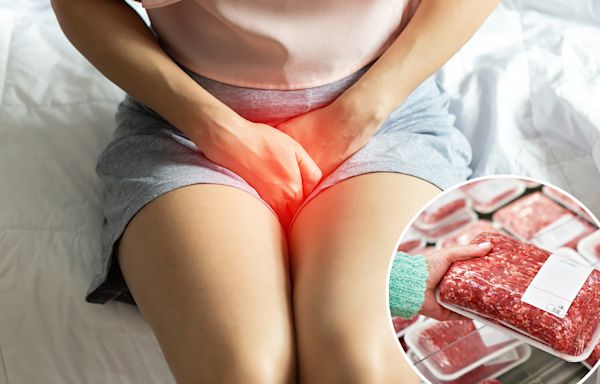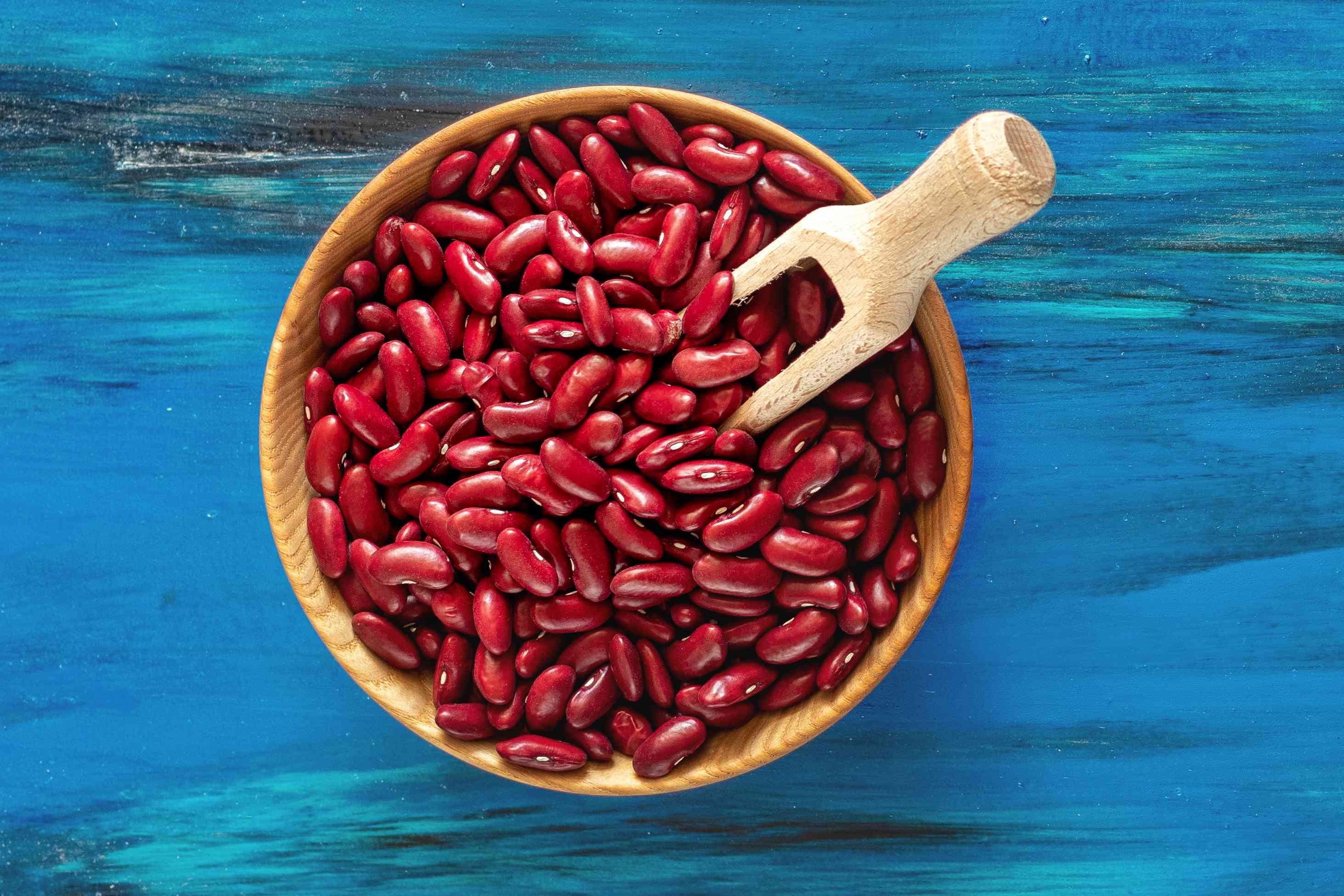Search results
News about E. coli, urinary tract infection, UTI
News about Foodborne illness, Boar's Head, Albert Shaw (journalist)
Also in the news
People also ask
What are the most common E. coli symptoms?
How long do the symptoms of E. coli last?
How do you treat E. coli?
How do you prevent E. coli?
Oct 1, 2022 · Escherichia coli (E. coli) bacteria normally live in the intestines of healthy people and animals. Most types of E. coli are harmless or cause relatively brief diarrhea. But a few strains, such as E. coli O157:H7, can cause severe stomach cramps, bloody diarrhea and vomiting.
Learn about E. coli, a group of bacteria that can cause infections in your gut, urinary tract and other parts of your body. Find out how to recognize the symptoms, such as diarrhea, vomiting and fever, and how to prevent and treat E. coli infections.
Feb 29, 2024 · Learn about the different types of E. coli bacteria and how they can cause diarrhea, pneumonia, urinary tract infections and other illnesses. Find out how to avoid E. coli infection by practicing good hygiene, cooking meat thoroughly, and avoiding unpasteurized products.
Dec 23, 2021 · Learn how to spot the signs of E. coli infection, a bacterial intestinal illness that can cause severe complications. Find out the common sources of contamination, how to treat and prevent infection, and when to see a doctor.
- Ann Pietrangelo
May 14, 2024 · Learn about the signs and complications of E. coli infection, such as diarrhea, vomiting, fever, dehydration, and hemolytic uremic syndrome. Find out when to talk to your doctor and how to prevent dehydration.
Oct 1, 2022 · E. coli is a common foodborne illness that can cause diarrhea, vomiting, fever and abdominal cramps. Learn how to diagnose, treat and prevent E. coli infection, and when to seek medical attention.
Mar 4, 2023 · Learn about the types, signs, and complications of E. coli gastrointestinal infection. Find out when to seek medical attention and how to prevent dehydration and kidney failure.





